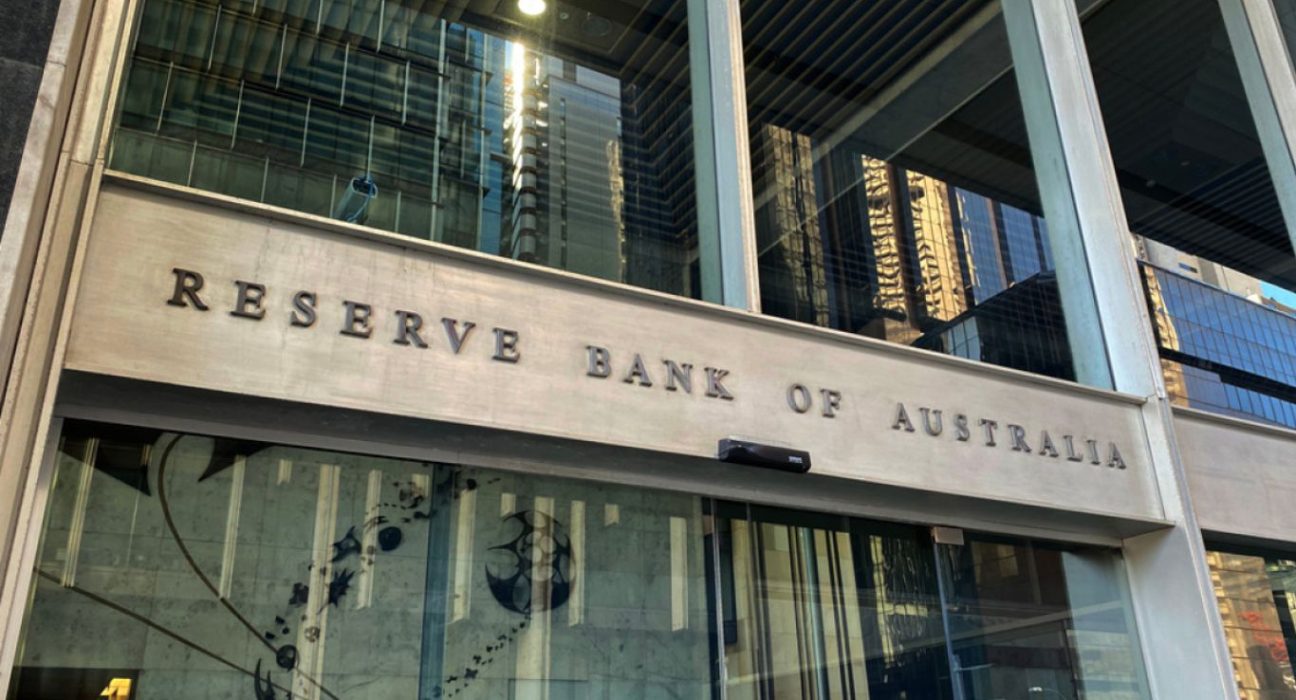Introduction
In a recent announcement, the Reserve Bank of Australia (RBA) has chosen to maintain its cash rate target at 4.10%, defying expectations for a 25 basis point increase. The decision comes amidst a period of easing inflation; however, RBA Governor Philip Lowe has cautioned that further rate hikes might still be necessary to address the lingering concerns surrounding “too high” inflation. The central bank’s cautious approach reflects a need to observe economic growth and inflation trends in the face of the recent surge in interest rates, which saw a remarkable 400 basis points increase over the past year.
RBA Holds Rates Steady Amid Easing Inflation
The RBA’s decision to keep interest rates unchanged at 4.10% signals the bank’s desire to balance economic stability while addressing concerns over rising inflation. Despite earlier expectations of a rate hike, the central bank chose a more measured approach, acknowledging the recent moderation in inflation. This decision marks the second consecutive month where the RBA has abstained from further tightening, following a series of four rate increases during the preceding year.
RBA Eyes Possible Future Rate Hikes
RBA Governor Philip Lowe emphasizes the importance of monitoring key economic indicators, particularly economic growth and inflation, to determine the need for future rate adjustments. While inflation has eased somewhat in recent months, it remains at levels that are deemed “too high” by the central bank. This lingering concern prompts the RBA to remain vigilant and suggests that additional monetary tightening could still be on the horizon.
Balancing Growth and Inflation in a High-Interest Rate Environment
Governor Lowe’s decision to maintain current interest rates reflects a balancing act between supporting economic growth and managing inflationary pressures. The RBA remains cautious about the impact of high-interest rates on borrowing and spending behaviors, especially in a period of economic recovery and transition.
RBA’s Response to Economic Uncertainties
The RBA’s decision to hold rates steady indicates a deliberate response to the uncertainties prevailing in the current economic landscape. Despite the recent rate increases, the central bank acknowledges that it is crucial to assess the effectiveness of previous adjustments and allow the economy to stabilize further before considering additional hikes.
Impact on Borrowers and Businesses
The RBA’s decision has significant implications for borrowers and businesses across Australia. By maintaining current interest rates, the central bank aims to provide some relief to those who may have struggled with higher borrowing costs in recent months. However, uncertainty regarding potential future rate hikes may influence long-term investment and borrowing decisions for businesses.
Global Economic Trends and Australia’s Monetary Policy
The RBA’s approach is not isolated from global economic trends. As central banks worldwide respond to inflationary pressures and economic recovery, the RBA’s decisions are closely monitored on an international scale. Factors like global supply chain disruptions, commodity prices, and geopolitical tensions can also impact Australia’s monetary policy.
The Road Ahead – RBA’s Stance on Economic Growth and Inflation
Governor Lowe emphasizes the importance of remaining data-dependent and adaptable in light of evolving economic conditions. The RBA will closely observe economic growth, inflationary trends, and other factors influencing Australia’s economic trajectory before making any further adjustments to interest rates.
Conclusion
The Reserve Bank of Australia’s decision to maintain its cash rate at 4.10% despite easing inflation signals a cautious stance amid an environment of heightened economic uncertainties. While offering some relief to borrowers and businesses, the central bank remains watchful of inflationary pressures and suggests that additional rate hikes may still be necessary to address persistently high inflation. As global economic trends continue to evolve, the RBA’s approach to monetary policy underscores the importance of data-driven decision-making and adaptability in the face of uncertainty.










